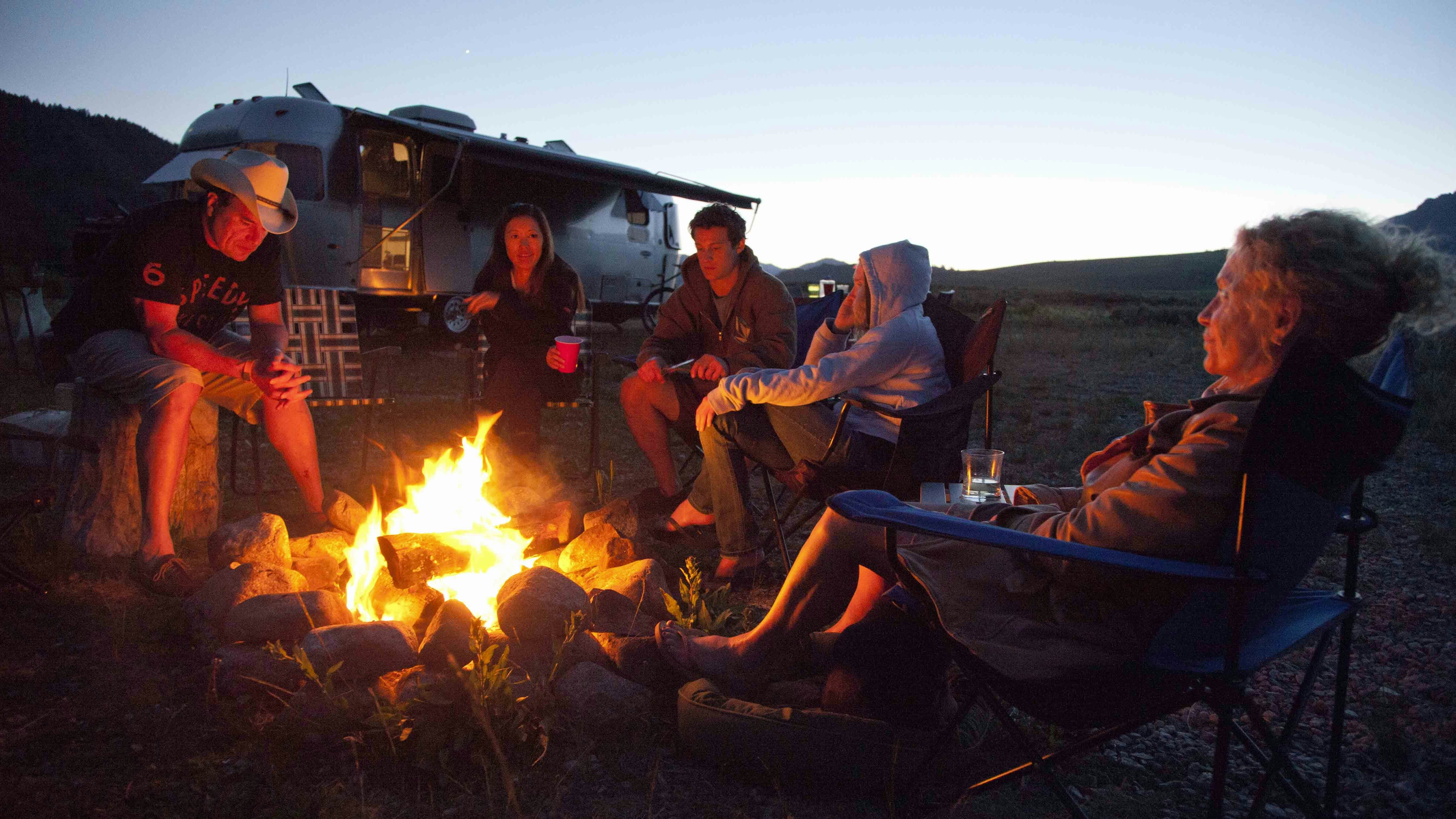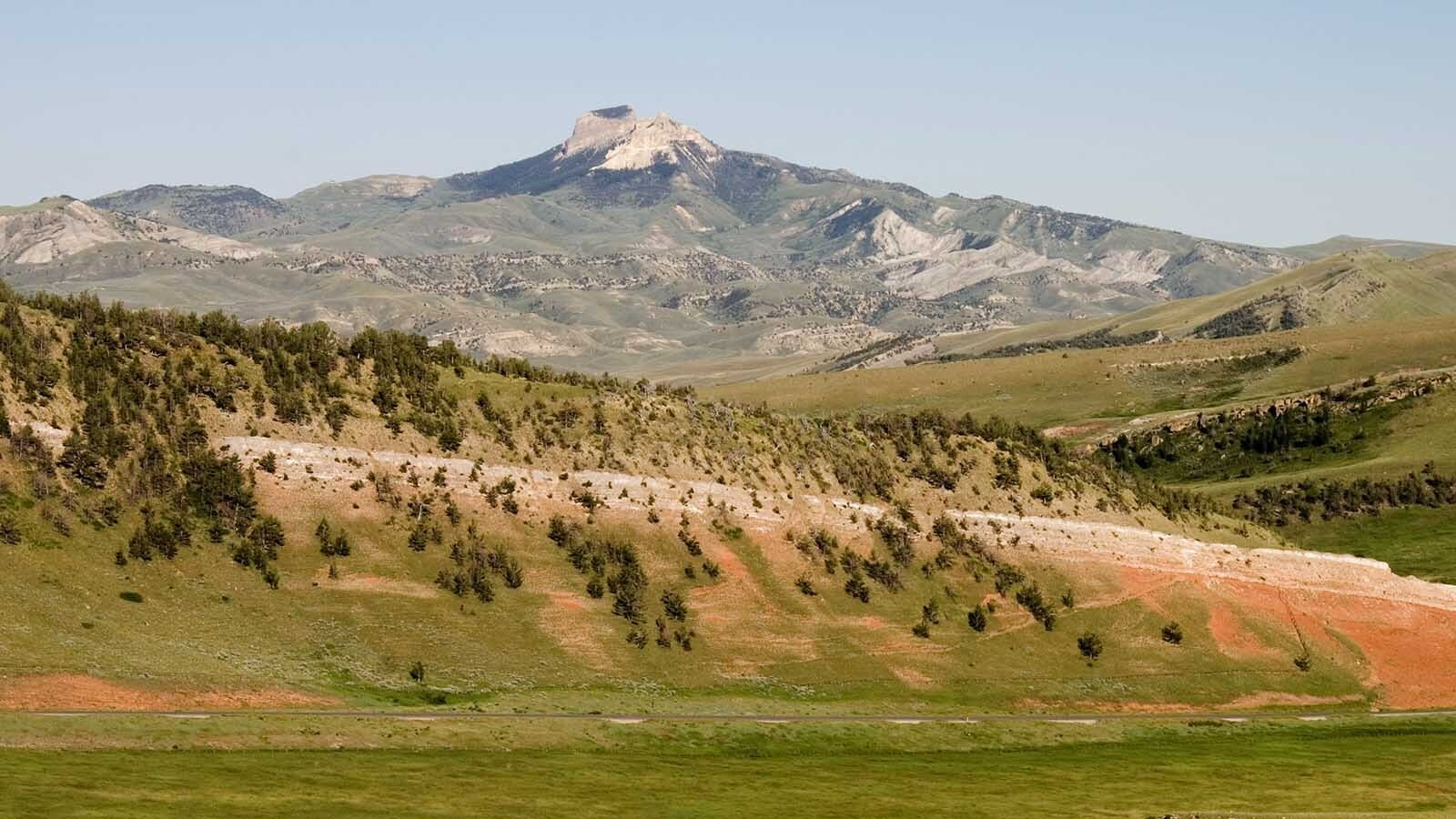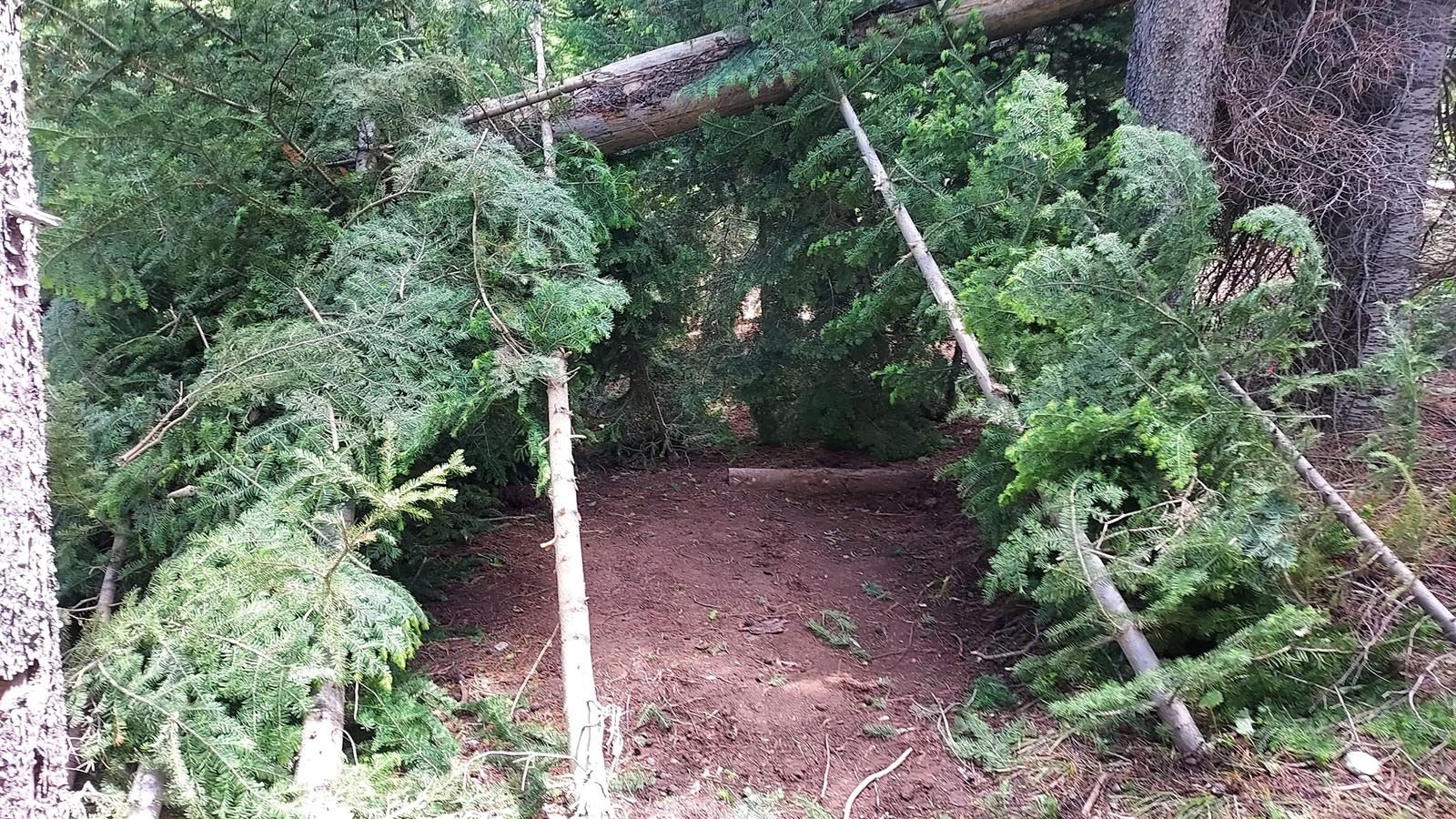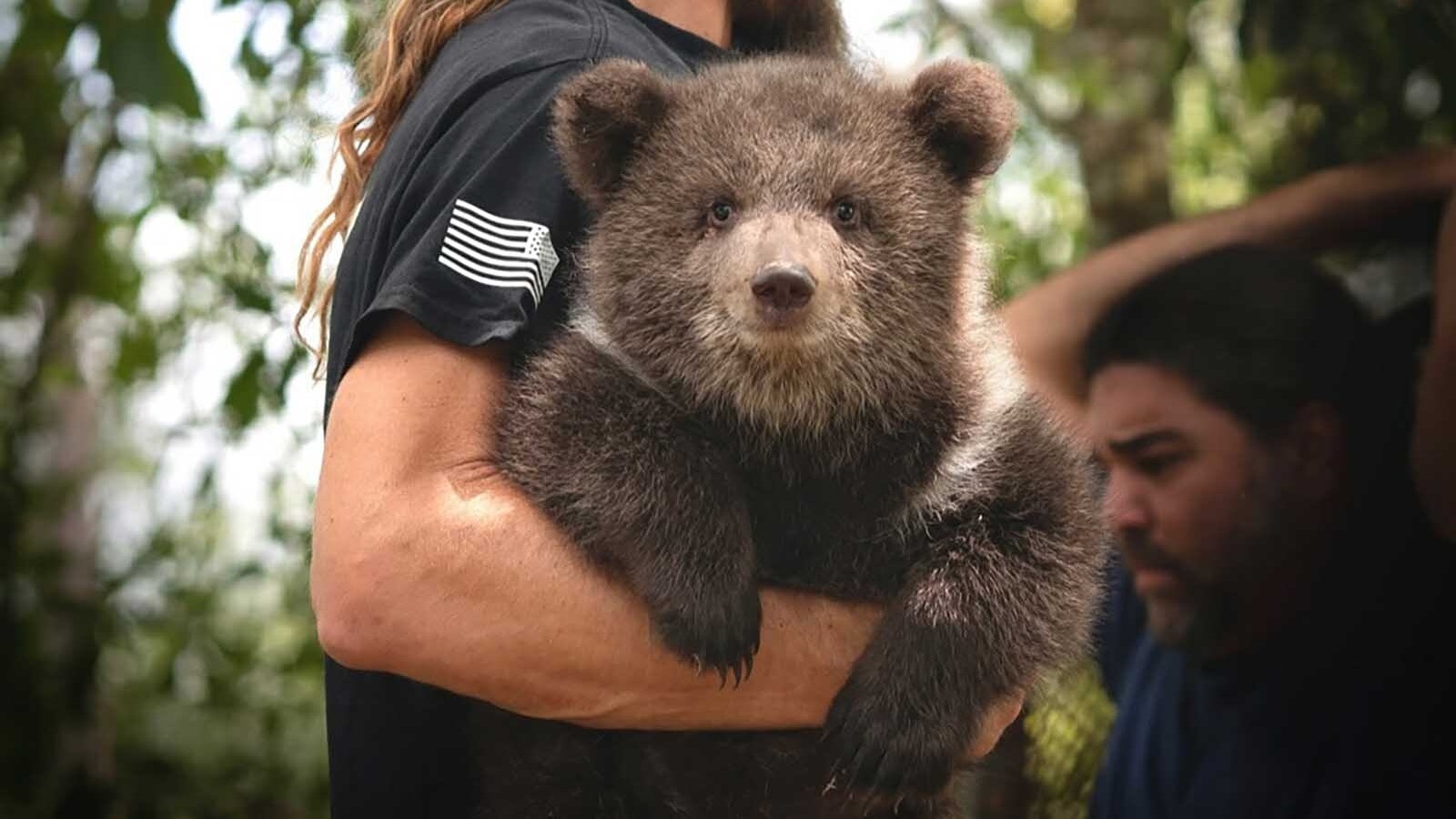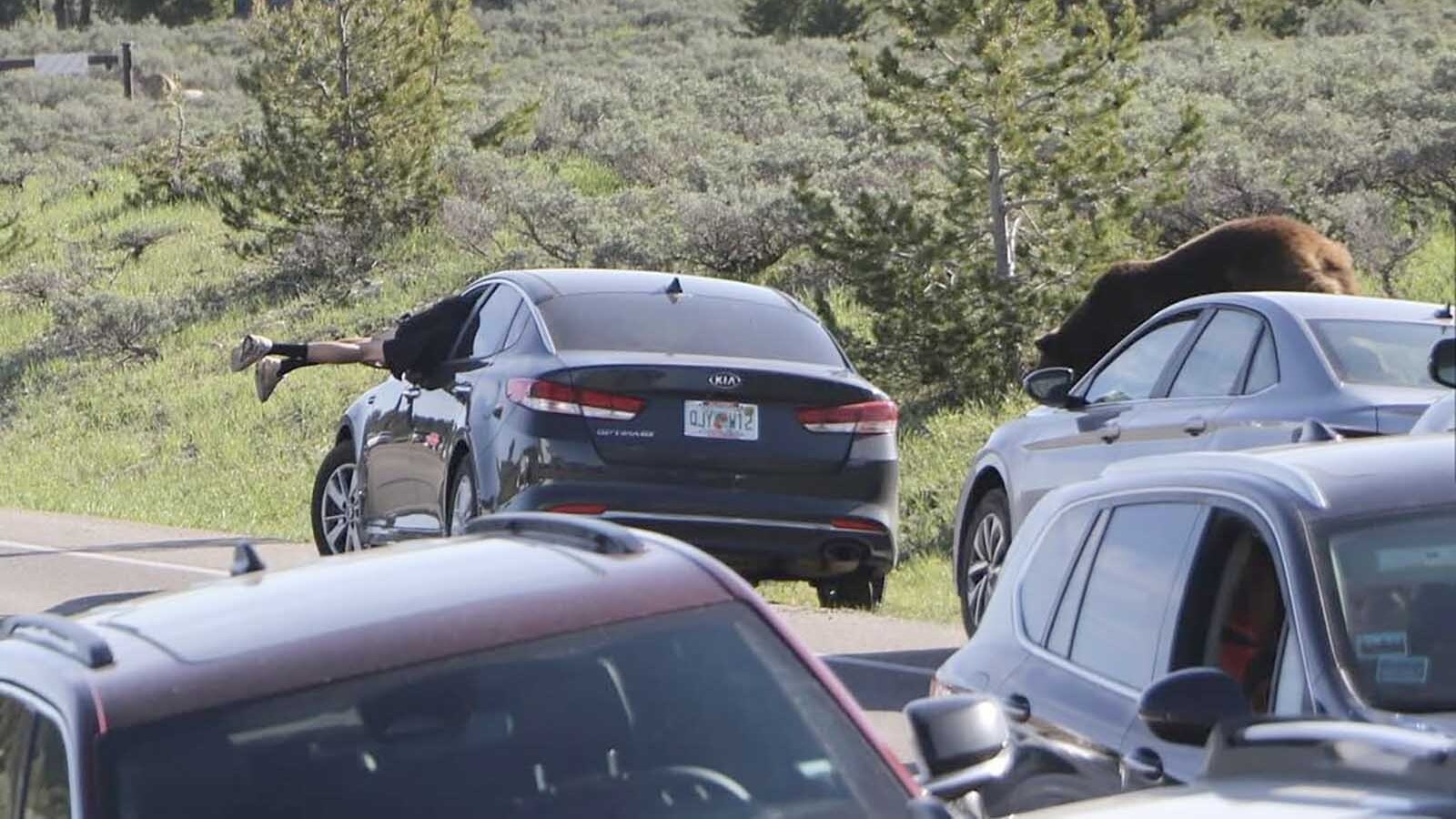Campfires spark too many wildfires, prompt folks to take too much precious dead wood from the forests and can even cause cancer.
At least those are the sentiments of an outdoors writer who recently published a piece in Outside Magazine calling for the possible eradication of campfires.
The author, Wes Siler, is among a growing chorus of voices questioning whether it’s time to ditch the time-honored tradition of gathering around a campfire.
The reasons he and others give include that campfires frequently spark massive forest fires and that inhaling too much campfire smoke can cause illness — including cancer.
There’s also concern that campers pulling too much dead wood out of forests is bad for the natural ecological cycle. And, moving firewood from one place to another can transport invasive species, such as destructive pine beetles, to new habitats.
But while some might be wringing their hands over whether Americans are sucking in too much campfire smoke, don’t hold your breath waiting for anti-campfire sentiments to catch on in the Cowboy State, some Wyomingites said.
“To have (campfires) taken away for reasons that don’t apply to us in Wyoming would be absurd,” noted Wyoming Outdoorsman Paul Ulrich told Cowboy State Daily on Friday.
He was on his way to Curt Gowdy State Park, with some fresh bundles of firewood for camping, when he made that statement.
Fires Banned Here Only When Necessary
Bans on campfires might be taking hold in more densely populated areas.
In Wyoming, however, the U.S. Forest Service will issue only temporary campfire restrictions, and only when fire danger is high, Aaron Voos, spokesman for the Medicine Bow-Routt National Forest and Thunder Basin National Grassland, told Cowboy State Daily.
There is merit to some of the claims made by the anti-campfire crowd, he added.
It is true that campfires cause many large wildfires, he said. That’s because irresponsible campers leave them unattended or don’t make absolutely sure a fire is out before breaking camp.
And it’s also true that beetles and other damaging species can be transported to vulnerable environments if people transport firewood from distant locations.
But as for worry over people removing too much dead wood from the forest, that’s absolutely not the case here, Voos said.
“We have abundant beetle-killed timber on our forest here, and we encourage people to responsibly remove it for campfires or for firewood and do what they can to help clean up our landscapes,” he said.
On the Medicine Bow-Routt National Forest, the closest thing to permanent campfire restrictions might be to limit them only to designated campground fire rings in heavily used area, such as parts of the Pole Mountain Unit, Voos said.
Fire Rings Can Be A Nuisance
Outside of such areas, there aren’t any rules against leaving makeshift fire rings, he said. But the Forest Service encourages people to break them up and “throw the rocks back into the trees” when they leave their campsites.
That way, the next set of campers and hikers won’t be met with “a landscape littered with fire rings,” he said.
A Wyoming Tradition That’s Not Going Away.
Amid growing rancor over campfires in places such as California, there’s been a demand for “artificial campfires.” Those are propane-fueled contraptions that produce heat and flame, but no smoke.
Ulrich said he has one, and it is handy for ventures into badlands or vast prairies where firewood might be tough to come by.
But otherwise, he leaves it at home because “it will never replace the smell, light and heat of the real thing,” Ulrich said.
Not to mention the tradition.
“I was raised around a campfire, I raised my son around a campfire,” he said, adding that, “for Wyoming, the idea that we should be rid of campfires doesn’t hold water.
“Outside of the practical functions of producing heat and cooking food – and in some parts of Wyoming, deterring predators from coming too close – camping and campfires are clearly synonymous. Telling ghost stories or family history around the campfire to your kids, and eventually your grandchildren — that’s just built into the fabric of our culture.”
Mark Heinz can be reached at Mark@CowboyStateDaily.com

